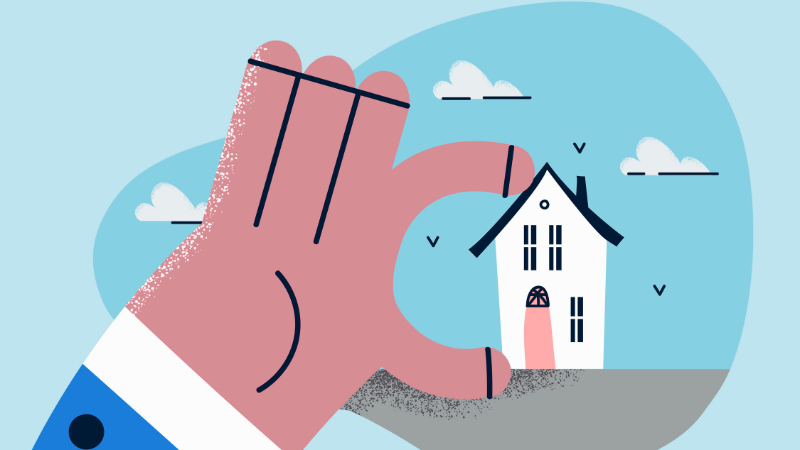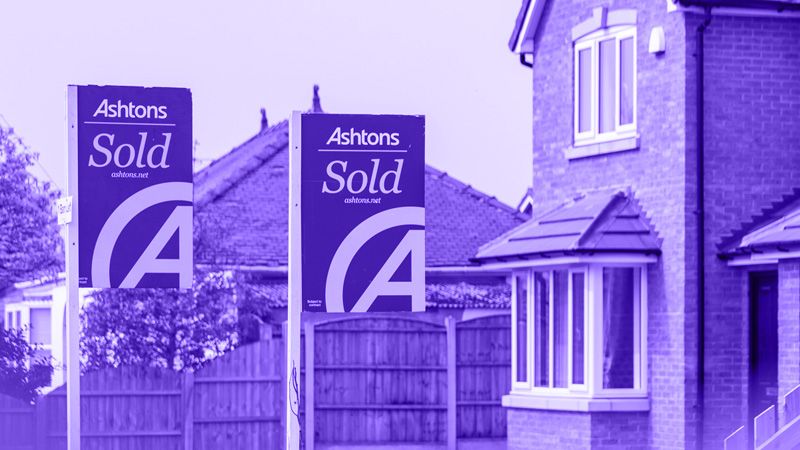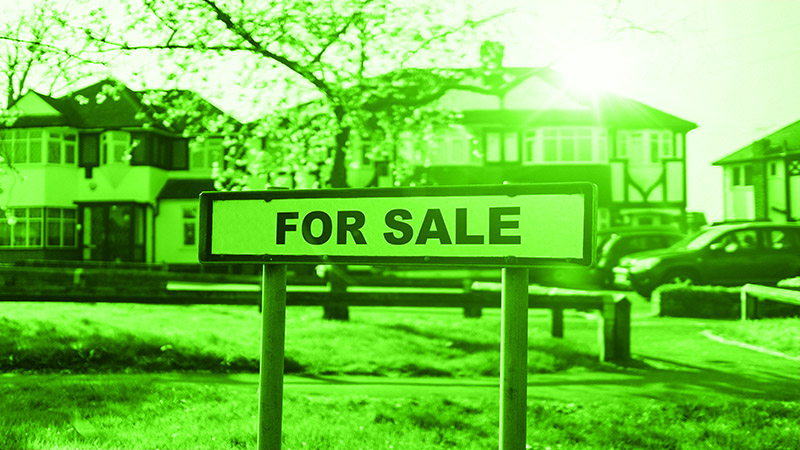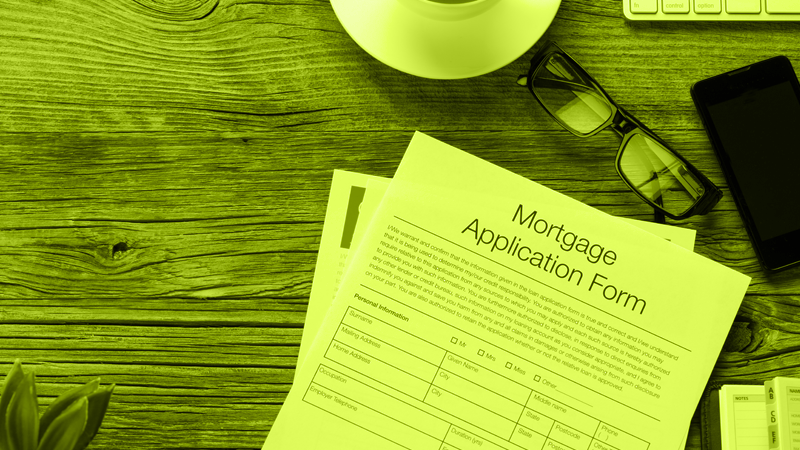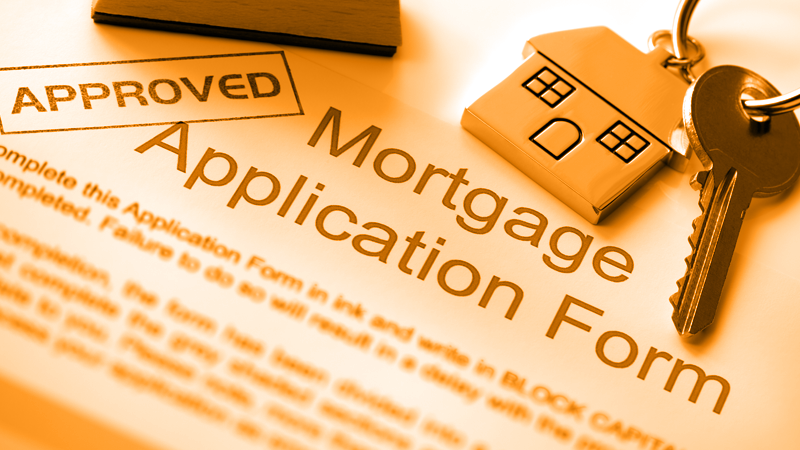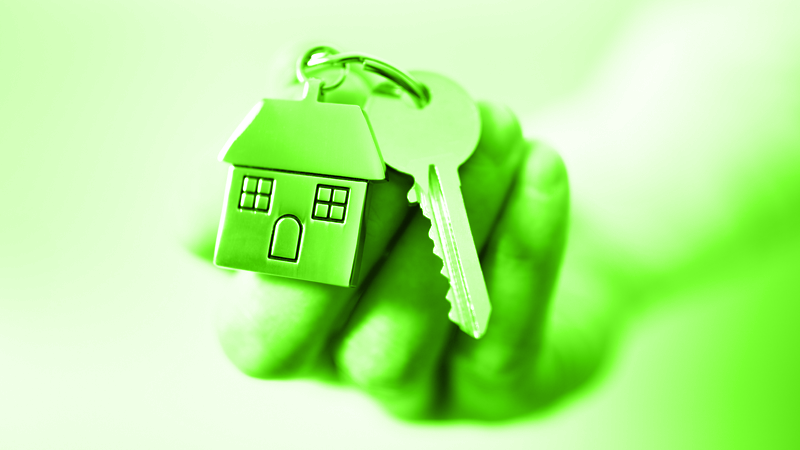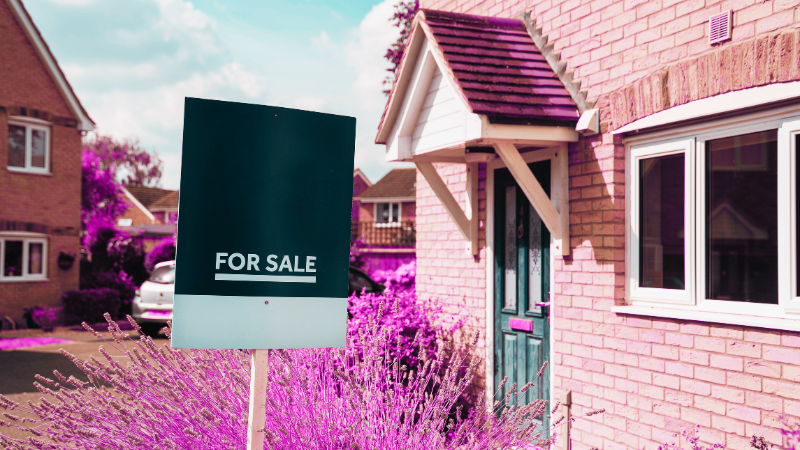How Much is a 100k Mortgage Over 15 Years?

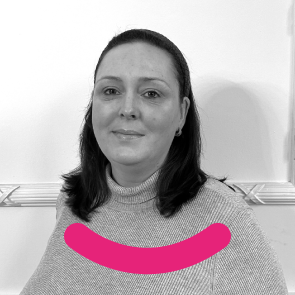
According to data from the Office for National Statistics, over a third of UK households were struggling to afford rising mortgage and rent costs by the end of 2023.
How much is a 100k mortgage over 15 years? With the cost of living continuing to rise, it’s crucial to understand the costs associated with a mortgage before making a long-term financial commitment.
If you’re considering a £100,000 mortgage, knowing how much you’ll need to repay over time is vital for financial planning.
Mortgage costs can vary greatly depending on the interest rate, repayment period, and type of mortgage.
In this guide, we’ll break down the cost of a £100k mortgage over 15 years and explore how different factors influence those costs.
What Is the Monthly Cost of a £100k Mortgage Over 15 Years?
The cost of a £100k mortgage depends largely on the interest rate. To estimate monthly repayments, you can use the following formula:
M = P × (r(1+r)n) ÷ ((1+r)n -1)
Where:
- M = Monthly payment
- P = Principal loan amount (£100,000)
- r = Monthly interest rate (annual interest rate divided by 12)
- n = Total number of payments (15 years × 12 months = 180 payments)
Using an example interest rate of 5%, the monthly payment would be:
M = 100,000 × (0.00417 (1+0.00417)180) ÷ ((1+0.00417)180 – 1) = £790.79
The total amount you’ll pay by the end of your mortgage term would be:
(790.79) x 180 = £142,342.20
That’s £42,342.20 in interest over 15 years.
For those who prefer not to deal with manual calculations, there are several online mortgage calculators available to estimate monthly payments based on interest rates and loan terms.
Factors That Affect the Cost of a £100k Mortgage
Mortgage costs aren’t fixed—they can vary based on a number of factors. Here are the most significant ones:
1. Interest Rates
Interest rates have the biggest impact on both your monthly payments and the total amount paid over the life of the loan.
Lower interest rates result in lower payments and less interest paid overall, while higher rates increase both the monthly and total cost.
Interest rates are affected by both market conditions and your personal financial profile.
If you have a strong credit score and a substantial deposit, you’re more likely to secure a competitive interest rate, lowering your overall costs.
2. Mortgage Term Length
The term length of your mortgage also influences your costs. A longer term means smaller monthly payments but more interest paid over time, making the loan more expensive in the long run.
Conversely, a shorter term has higher monthly payments but significantly reduces the interest burden.
- Example: A 15-year mortgage will have higher monthly payments but cost less in interest than a 25-year mortgage.
3. Repayment Type
There are two primary types of mortgage repayment:
- Capital Repayment Mortgage: You repay both the interest and a portion of the principal loan with each payment. By the end of the term, the loan is fully repaid.
- Interest-Only Mortgage: You only pay the interest during the term, and the principal remains untouched. This results in lower monthly payments but leaves a large sum to be repaid at the end.
Most homeowners opt for capital repayment mortgages because they ensure the loan is paid off in full, but interest-only mortgages may be appealing to those with a solid plan for repaying the principal later.
4. Type of Mortgage Product
Different types of mortgage products can affect the cost:
- Fixed-Rate Mortgages: These offer a stable interest rate for a specific period, usually 2, 5, or 10 years. Once this period ends, the rate reverts to the lender’s Standard Variable Rate (SVR), which is often higher. Fixed rates provide stability, but they can be slightly more expensive upfront.
- Tracker Mortgages: These move with the Bank of England’s base rate, meaning your monthly payments can fluctuate. If the base rate rises, so do your payments, and if it falls, your payments decrease.
5. Additional Fees and Costs
Beyond the interest rate, several fees and costs can affect your total mortgage expense:
- Product Fees: Some lenders charge fees for setting up the mortgage, including arrangement, booking, and valuation fees.
- Stamp Duty: This tax is required for properties in England and Northern Ireland if their value exceeds £250,000. First-time buyers may be exempt or subject to lower rates.
- Legal Fees: You’ll need to hire a solicitor or conveyancer to manage the legal side of purchasing the property.
- Insurance: Lenders may require building insurance, and you may also want to consider life insurance or income protection to safeguard your mortgage in case of unforeseen circumstances.
MORTGAGE COSTS CAN VARY GREATLY DEPENDING ON THE INTEREST RATE, REPAYMENT PERIOD, AND TYPE OF MORTGAGE.
How Can You Reduce the Cost of a £100k Mortgage?
If you’re looking to save on mortgage costs, here are a few strategies to consider:
1. Improve Your Credit Score
Lenders use your credit score to assess risk. A better score means lower risk and can help you qualify for more competitive interest rates. Review your credit report regularly and take steps to improve it if necessary.
2. Save a Larger Deposit
The larger your deposit, the less you need to borrow, and the less interest you’ll pay. Additionally, a larger deposit can help you secure a lower interest rate, further reducing the overall cost of the mortgage.
3. Shop Around for the Best Deals
Don’t settle for the first mortgage offer you receive. Different lenders offer different rates, and a slight difference in interest rates can result in significant savings over time. Use comparison tools and consult with mortgage brokers to explore all your options.
4. Make Overpayments
If your lender allows it, making overpayments—even small ones—can reduce the principal faster and lower the total interest paid.
Be sure to check for overpayment limits, as some lenders impose penalties for exceeding them.
Mortgageable offers a free Equifax Credit Report as part of its service, with no obligation to proceed. Something worth considering.

Final Thoughts
The cost of a £100,000 mortgage over 15 years depends on several factors, including the interest rate, term length, repayment type, and additional fees.
By improving your credit score, saving a larger deposit, and carefully selecting the right mortgage product, you can reduce your overall costs and make homeownership more affordable.
While calculating mortgage costs can seem overwhelming, free online mortgage calculators can quickly help you determine the best plan for your financial situation.
Proper planning and research will help ensure your mortgage fits comfortably within your budget.
Call us today on 03330 90 60 30 or contact us to speak to one of our friendly advisors.

